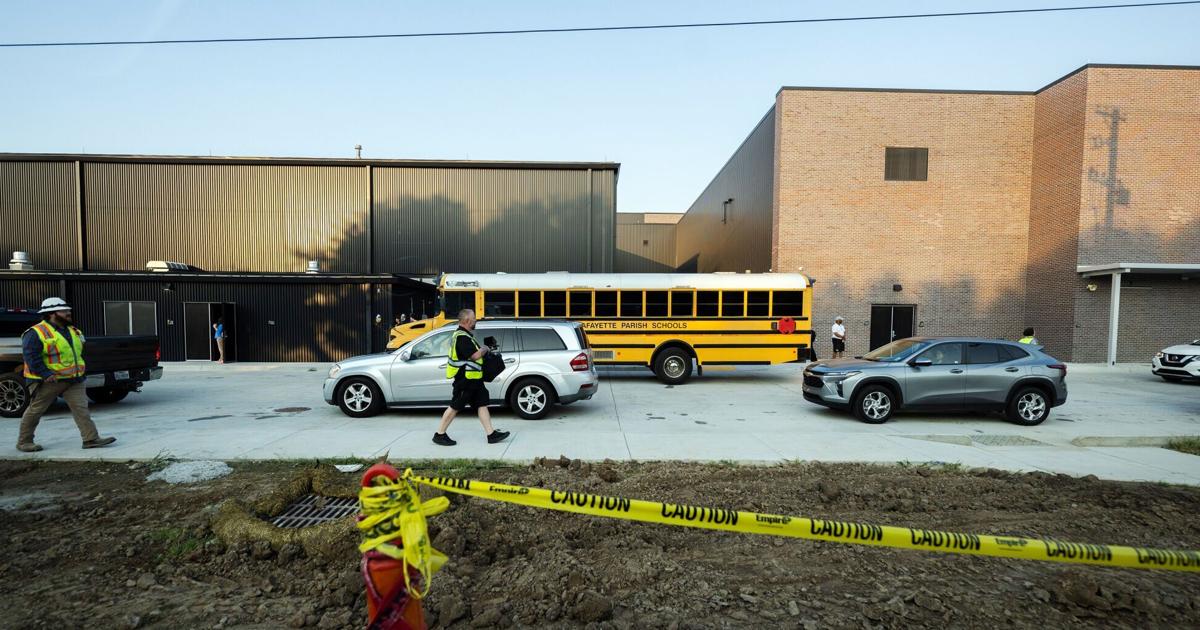Copyright Baton Rouge Advocate

As president of the Lafayette Economic Development Authority and a working mother, I see how deeply connected early childhood education is to family stability, workforce development and our region’s economic competitiveness. Lafayette has long prided itself on being a hub of innovation, entrepreneurship, cultural vitality and family friendliness. If we hope to continue, we must make smart investments to support children and families. Data from the federal Centers for Disease Control and Prevention, as well as the National Center for Health Statistics, show a gradual decline in Louisiana’s birth rates, following a national trend post-Great Recession. The reports cite concerns about financial instability and a lack of support for young families. These concerns are valid — and they’re also solvable. One of the best family-friendly strategies we can implement is expanding access to high-quality early childhood education. In economic development, we often talk about the talent pipeline. But that pipeline doesn’t originate in high school or college — it starts at birth. The first five years of life are foundational for a child’s long-term success. As importantly, access to early care allows parents — especially mothers — to return to work or complete their education. Without access, businesses lose employees, communities lose economic activity and Louisiana loses opportunity. Here in Acadiana, we’ve seen benefits firsthand. When childcare is available, our local economies run stronger: Parents seeking to gain new skills through postsecondary education and parents who work in Lafayette’s core economies — health care, oil and gas, technology, logistics, retail, restaurants and family entertainment — count on reliable, affordable early learning options for their children. Parents with access to child care are more stable, upwardly mobile and likely to stay in the workforce and their employers benefit from reduced turnover and a more productive talent pool. Conversely, when child care options are severely limited, families face difficult choices and businesses struggle to fill jobs and productivity suffers. Louisiana has made progress, but over 100,000 children from birth to age 4 still lack access to high-quality early learning. While state funding for child care programs has been relatively consistent in recent years, continued investments in early childhood programs will be a critical component to driving meaningful change in family prosperity, rising birthrates and stabilizing Louisiana’s economy. Expanding these opportunities is a shared responsibility among parents, employers and communities, and it is smart economic strategy that will strengthen our local, regional and state competitiveness for years to come. If we’re serious about growing Louisiana’s population and building a competitive, modern economy, we need to treat early childhood education as what it is: economic infrastructure. Like good roads, modern and robust utilities and accessible and affordable broadband, early childhood education supports workforce participation, builds future workforce readiness and strengthens community economic stability. Investing in children is not charity — it is an economic strategy ensuring that Lafayette, the Acadiana region and all of Louisiana remain places where families want to live, work and grow.



